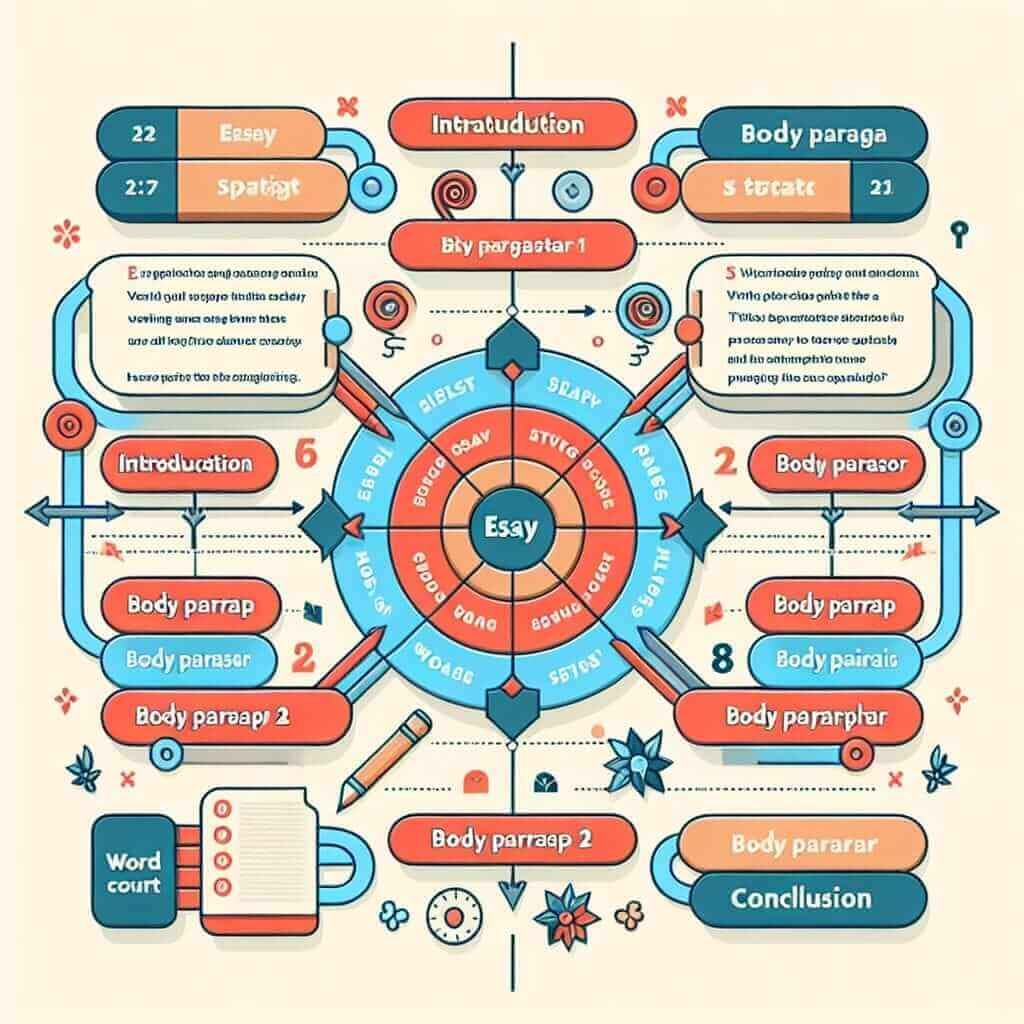As an IELTS instructor with over two decades of experience, I often encounter students struggling with the same question: “How long should my IELTS Writing Task 2 essay be?” It’s a valid concern, as word count can significantly impact your overall score. This comprehensive guide aims to demystify the ideal IELTS Writing Task 2 length, addressing common queries and providing expert tips to maximize your writing potential.
Understanding the Importance of Word Count
While the IELTS Writing Task 2 instructions state a minimum of 250 words, aiming for that bare minimum is rarely a recipe for success. Here’s why:
- Content and Development: A higher word count allows for more in-depth analysis, richer vocabulary, and stronger argumentation, all of which are crucial for a higher band score.
- Task Achievement: Adequately addressing all aspects of the prompt and presenting a well-developed response often necessitates going beyond the minimum word count.
- Coherence and Cohesion: Longer essays provide more space for smooth transitions, logical paragraphing, and clear connections between ideas, contributing to a more coherent and cohesive piece.
Finding the Sweet Spot: Quality Over Quantity
Instead of fixating on a magic number, prioritize quality over quantity. Aim for:
- 350-400 words: This range generally allows for comprehensive task response, detailed development, and effective use of language without compromising time management.

How to Maximize Your Word Count Effectively
1. Plan Strategically
- Analyze the prompt: Before you start writing, thoroughly understand the question type, keywords, and your stance.
- Brainstorm ideas: Jot down key arguments, supporting examples, and vocabulary related to the topic.
- Structure your essay: Create a clear outline with an introduction, body paragraphs, and a conclusion.
2. Develop Ideas Thoroughly
- Provide evidence: Support your claims with relevant examples, statistics, or personal anecdotes.
- Explain your reasoning: Clearly articulate the “why” behind your arguments to demonstrate critical thinking skills.
- Use varied sentence structures: Incorporate complex and compound sentences to showcase grammatical range and add sophistication to your writing.
3. Proofread and Edit
- Check for clarity: Ensure your ideas flow logically and are easy to follow.
- Correct grammar and spelling errors: Avoid careless mistakes that can lower your score.
- Refine vocabulary: Use synonyms and more advanced vocabulary where appropriate to enhance your writing.
Illustrative Example:
Prompt: Some people believe that the government should fund public transportation to reduce traffic congestion. Others argue that individuals should be responsible for their own transportation choices. Discuss both views and give your opinion.
Word Count Goal: 380-400 words
Structure:
- Introduction: (50 words)
- Body Paragraph 1: Supporting government-funded transportation (100 words)
- Body Paragraph 2: Supporting individual responsibility (100 words)
- Body Paragraph 3: Your Opinion (100 words)
- Conclusion: (30-50 words)
Tips to Avoid Overwriting
- Stay focused: Stick to the main points and avoid going off on tangents.
- Be concise: Use clear and direct language to express your ideas effectively.
- Avoid repetition: Don’t repeat the same points using different words.
Conclusion: Striking the Right Balance
While word count is a factor in IELTS Writing Task 2, it should not overshadow the importance of quality. By focusing on clear planning, thorough development, and careful editing, you can produce a well-structured, insightful essay within an optimal word range. Remember, the goal is to demonstrate your English language proficiency and critical thinking skills effectively, and achieving the right balance between content and length is key to success.